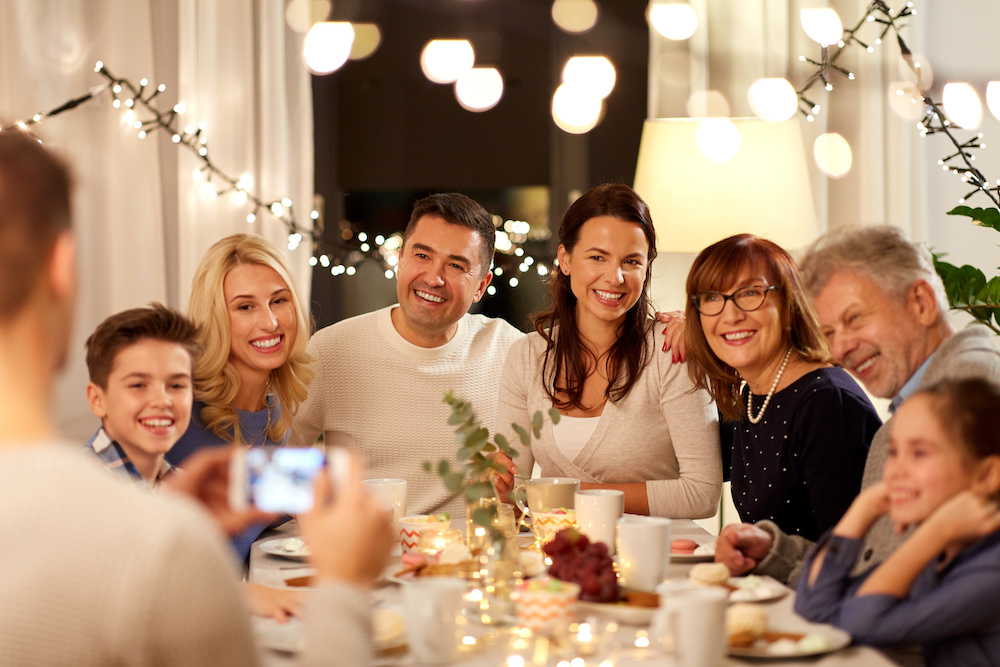Staying Sober on “Trumps-Giving”
I wasn’t surprised, but I was heartbroken by the number of calls I received in the week following Trump’s election. Every day, usually in the late evening or dead of night, I heard from all sorts of scared souls, reasonably new to addiction recovery, who wanted to drink or use and needed to be talked through the crisis. In all cases, their family members or friends felt emboldened call them out and ridicule them for their political views. They did not have a discussion, but a war of values. Several had been told not to come to Thanksgiving dinner unless they dumped their previously accepted partner or removed the bumper stickers from their cars. These are not normal stresses that are easily absorbed by those new to recovery. Here are some tips to keep yourself safe if you find yourself in a position in which you may relapse by attending your regular Thanksgiving dinner.
-
Ask for a truce.
Thanksgiving is not about politics. It’s about being together with family and friends and recognizing all the gifts that we have. Ask if the gathering can be a politics-free event. That means no preaching from anyone, including you. You might find that your family is just as happy not to hear about your ultra-liberal perspective as you are not to have to listen to the neo-conservative line.
-
Be honest about your recovery.
Odds are your family loves you and doesn’t want to see you relapse. Let them know that the tension in the nation is making you very uncomfortable and you need their support. Focus on what you love about one another instead of your differences. Many families will lighten up on the political talk if they realize your recovery is at risk.
-
Play a board game or watch football.
Do something together that will take your attention off politics and will allow you to have a good time with people you love. Except, perhaps don’t play Monopoly, because you know – real estate moguls.
-
Stay for a limited time.
You don’t have to spend all day with your family. Go for dinner, stay 30 minutes after, and go to another event where you will get a warm reception, a 12-step meeting, or home. If your elderly grandmother wants you to spend what might be her last Thanksgiving with her, by all means show up, but don’t sit next to your obnoxious uncle and leave as soon as is reasonably possible.
-
Take an appropriate hostess gift.
It’s not just your family who needs to step up. If you are going to a Thanksgiving dinner, go with a hostess gift, but make sure it’s appropriate. Don’t take a donation to Planned Parenthood to your aunt who was on TV last month shouting, “Lock her up!” If you want your family to behave appropriately, you have to keep your side of the street clean too. Chocolate that can be eaten later or re-gifted is always a good option.
-
“Bookend” your dinner.
Bookending an event generally refers to doing something recovery related before and after. Before dinner, you might call your sponsor or go to a 12-step meeting. After, you might schedule yourself to go to a homeless shelter to serve dinner to those in need or take in a load of winter coats that you’ve gathered for distribution.
- The fact that you have somewhere to go for dinner, even if your family is difficult, is already an indication of what you have to be grateful for. Help those who are truly suffering this Thanksgiving. There are lots of places that can use your help. Don’t know where to go? Ask your clergy person or the clergy at any church, synagogue, or mosque. They know where all the Thanksgiving events are happening.
-
Don’t go.
If your family is more than difficult, but are actually abusive, don’t go to Thanksgiving dinner. You don’t have to protest or boycott. Just quietly let the host know that you will not be attending, no excuses or discussion. Thanksgiving is a break from the day-to-day to spend with those who love and care about us. Seek out that celebration. You’re under no obligation to go where you are not appreciated.
THE BEST CALL YOU WILL EVER MAKE
Call now to speak confidentially with an admission counselor.
